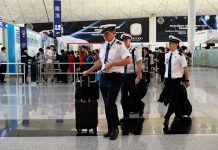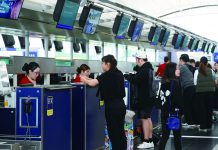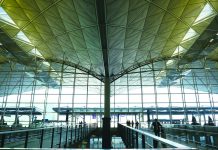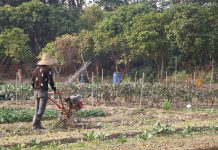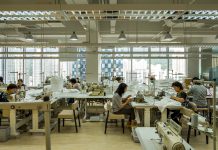Divide and School
More and more elite schools are transformed into Direct Subsidy Scheme (DSS) schools which charge expensive tuition fees. Academics and educators express worry over grassroots students’ access to quality education which will affect their social mobility in the long run.
The Problem Behind the University Admission System
Academics voice concern over fairness and social mobility, as the number of non-JUPAS students admitted to prestigious programmes is on the rise.
Periscope April 2018 – Turbulence Ahead?
Hong Kong's status as a regional and international aviation centre and hub has long been a source of pride to the city's residents. But...
Getting on the flight path
Hong Kong's status as an aviation centre is enshrined in the Basic Law, but over the years, aviation education and training have lagged behind, exacerbating a labour shortage problem. With a huge expected increase in demand for manpower after the third runway is built, what's being done to catch up?
Cabin Crew Blues
As airlines cut costs in the face of the fierce competition, front-line staff have to put up with heavier workloads and frustrated customers. We talk to flight attendants and ground-handling workers about their working conditions.
How Hong Kong lost its crown
The Hong Kong International Airport at Chek Lap Kok opened to great fanfare in 1997 and topped world rankings for a number of years. But it lost its crown in 2011 with staff shortages and the saturation of facilities cited as some of the reasons for the decline.
Periscope March 2018 – Made in Hong Kong Redux
In this issue of Periscope we look at three sectors that used to be known for their 'home-grown' productivity but have declined since their former heydays - agriculture, industry and film. These sectors are supposedly undergoing revivals but we ask if this is really the case and explore the challenges facing revitalisation.
Back on the Farm
In a bid to help promote local agriculture, the government announced a New Agricultural Policy in 2016 and plans to establish a new Agriculture Park in the North District a year later. But local farmers tell Varsity they are not convinced the new policies, which stress intensive farming and new technology, will help them.
Remaking Manufacturing in Hong Kong
Hong Kong used to be known for its manufacturing but most of its factories moved to the Mainland in the 1980s. Now, some are coming back and the government is trying to promote reindustrialisation to diversify the economy. Varsity looks at the challenges facing those who are trying to revive industry in Hong Kong.
Screen Revival
The success of small budget local films such as "Ten Years" and "Mad World" in recent years has led to talk of a possible revival of Hong Kong movies, led by a new generation of independent filmmakers. But is this just wishful thinking in an industry now dominated by Hong Kong-mainland co-productions?








































